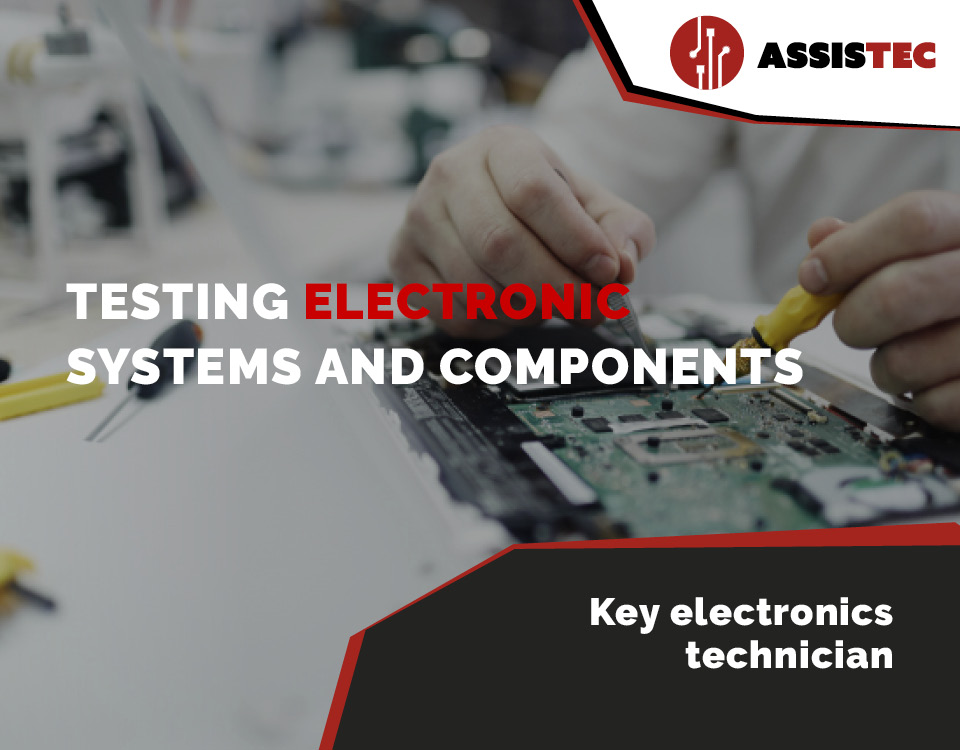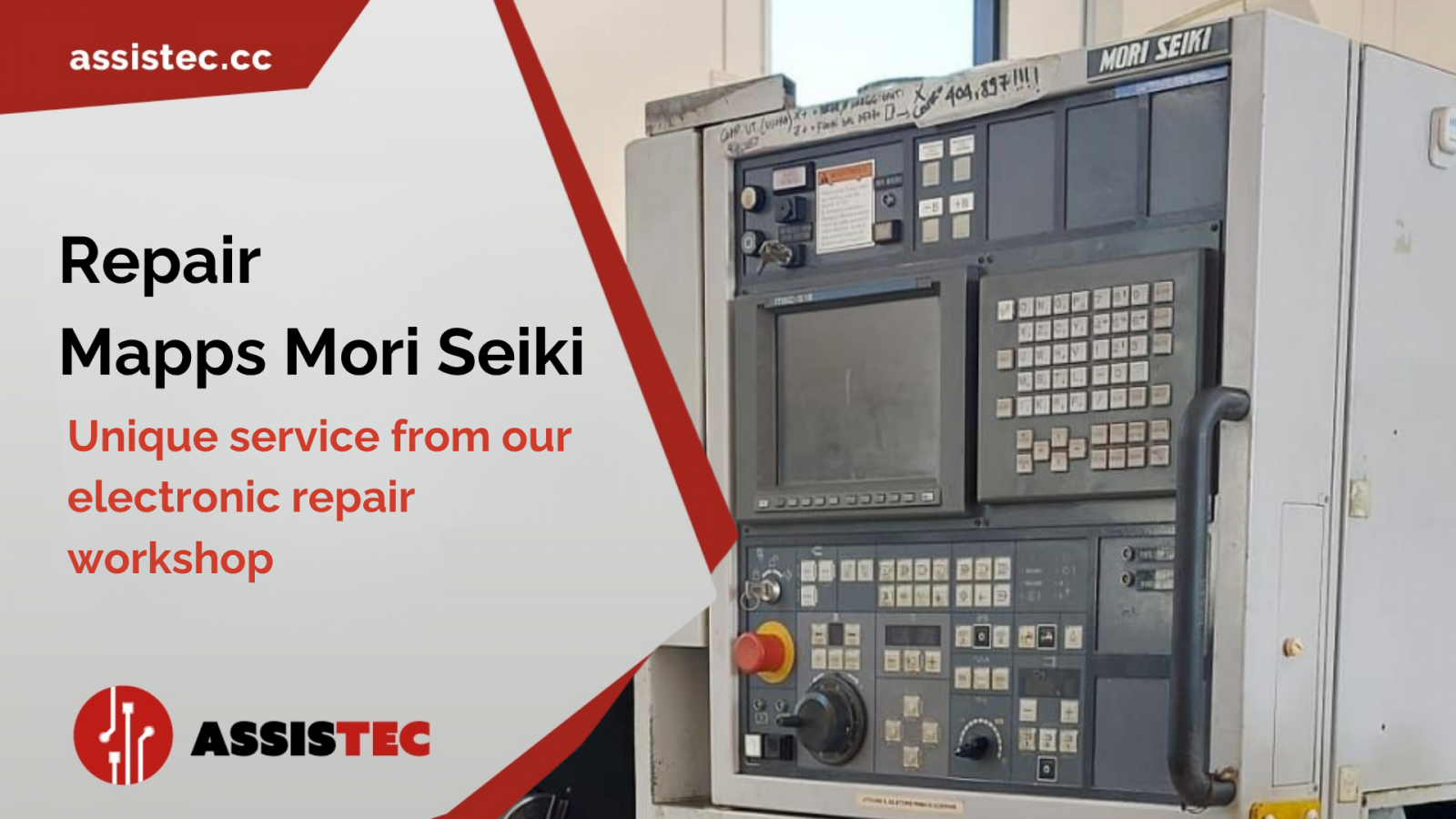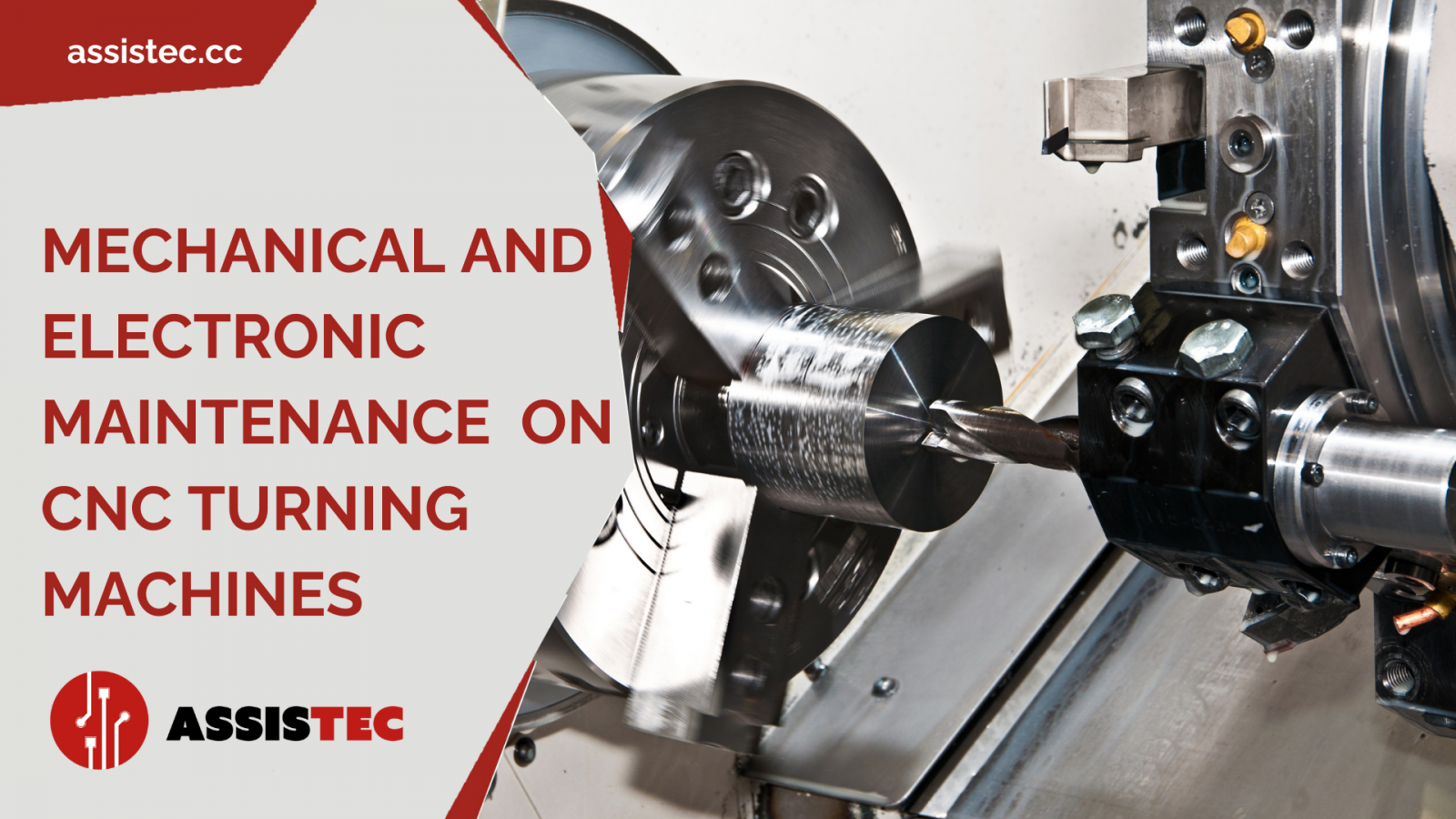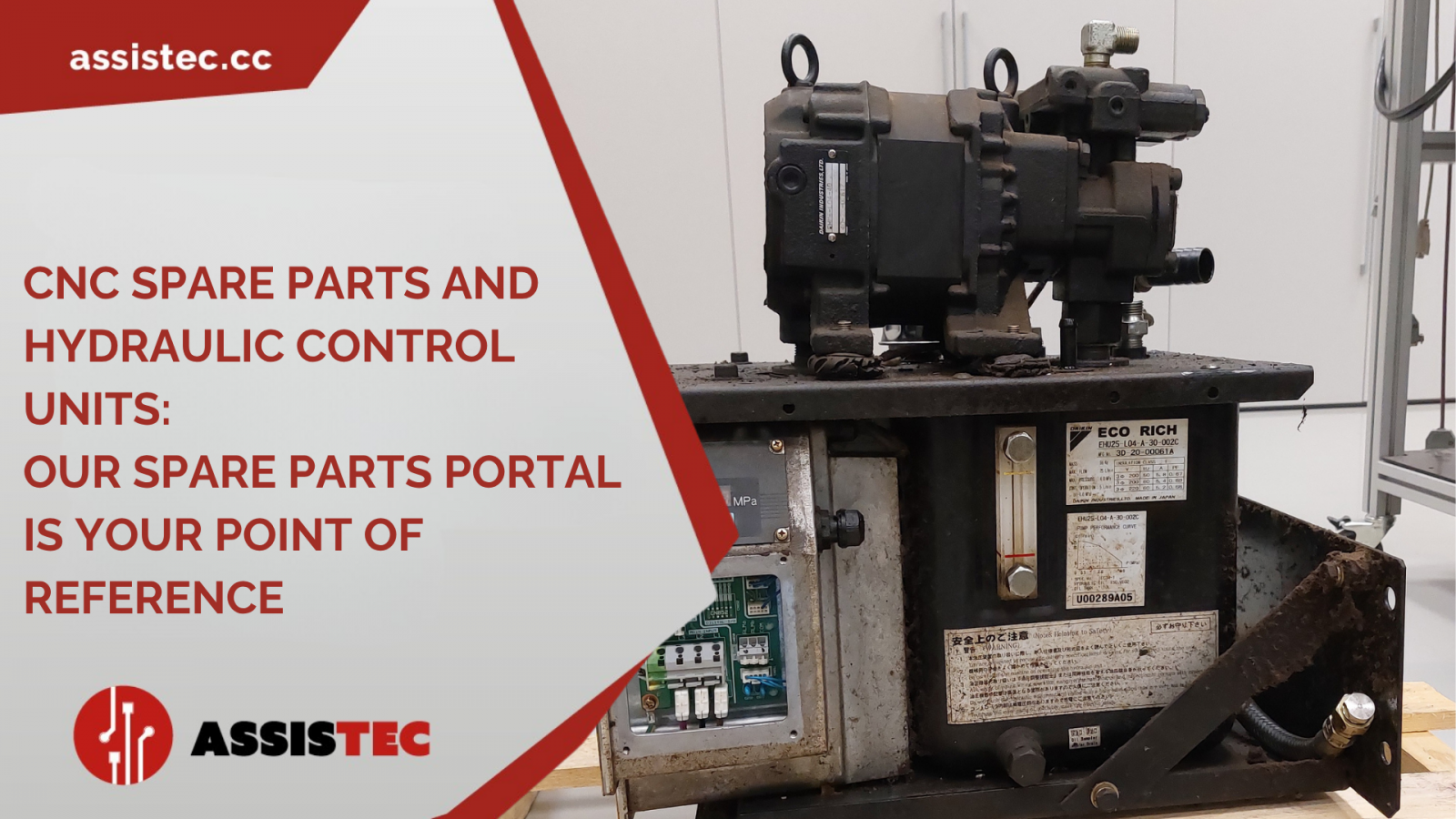Electronics technician: who is he and why is he in demand

What does an electronics technician do?

An electronics technician, also known as an electronics expert, is a specialised person who designs, develops and services electronic systems and components. Unlike the common electrician, the electronics technician collaborates with the engineering team and is an expert in the production and installation of electronic equipment and software, and in their calibration and testing. Electronics technicians are responsible for testing the performance of components, providing technical support, servicing electronic boards, performing computer simulations, preparing technical documentation and scheduling maintenance.
They are a key figure in the industrial automation sector, in particular for the maintenance of the electronic equipment of CNC machine tools and robotic islands. In the event of faults or malfunctions, they can intervene to diagnose and repair any kind of analogue and digital instrument. In a market that is increasingly competitive and geared towards the advantages of Industry 4.0, it is preferable to select technicians with specific skills such as an electronics expert. Assistec has also made this choice, integrating qualified and constantly updated electronics technicians into its workforce.
Main differences with the mechatronics technician
The mechatronics technician is a relatively new figure, mainly requested by large companies, who is highly skilled in electronics and mechanics. This role developed from the need to have one person capable of resolving both electronic and mechanical problems on CNC machine tools. However, this particular feature is also its biggest limitation, as the role doesn't specialise in either one field or the other. A mechatronics technician is more likely to be employed in production companies to fix general faults and, if necessary, to contact electronics or mechanical specialists for problems they are unable to solve.
For this reason, more and more smart factories are deciding to hire or train electronics and mechanical technicians. Except in exceptional cases, malfunctions in a CNC machine tool usually relate to the electronics or mechanics and require targeted interventions.
The difficult relationship with schools
Despite the high demand for electronic and mechanical engineers, it is becoming increasingly difficult to find qualified personnel. This is mainly due to two reasons:
- schools are promoting more mechatronic courses thanks to funding from large companies that are more interested in precision mechanics;
-
electronics technicians who graduate from high school often lack specific knowledge, as the courses do not always provide an adequate level of in-depth knowledge;
To overcome these problems, Assistec is working on a project with schools aimed at offering training in its company, and at contributing to the professional growth of students.
The electronics technician inside Assistec
Since 1999, Assistec has continued to expand its highly specialised team, introducing experienced and highly professional electronics technicians into its workforce. Over the years we have integrated our services with mechanical support and the electronics laboratory in order to guarantee immediate resolution of any machine faults and breakdowns.
Contact us to have an efficient and productive machine park, minimising the risk of breakdowns and production stops. Our technical-electronic service centre is ready to intervene with targeted, quality overhauls.
Recent Posts

-
MAPPS Mori Seiki: cutting-edge technology at the service of CNC programming
In the world of CNC machining, Mori Seiki has always been synonymous with precision, efficiency and innovation. Among the systems that have contributed most to building this reputation, MAPPS (Machine Advanced Programming Production System) occupies a place of absolute importance. This hardware, integrated into Mori Seiki machines (updated in CELOS), allows for intelligent management of every stage of production, from programming to simulation. Today, thanks to the many years of experience of the Assistec laboratory, it is possible to repair MAPPS Mori Seiki, with the certainty of turning to a team of qualified, up-to-date and responsive professionals.
-
CNC lathes are the beating heart of many mechanical workshops and manufacturing companies. However, their ability to guarantee precision, production continuity and impeccable finishes depends on a factor that is often underestimated: maintenance. Regular mechanical and electronic maintenance is not only a technical requirement, but also a business strategy that reduces machine downtime, preserves product quality and extends the life of the equipment. This guide explores all the operations necessary for comprehensive maintenance, with practical advice and guidance on when it is essential to rely on specialised professionals.
-
The efficient management of CNC machine tools cannot be separated from a reliable, timely and well-organised spare parts system. This is where the Assistec Spare Parts Portal comes into play, designed to provide concrete support to workshops, maintenance technicians, technical managers and industrial buyers.
Thanks to direct integration with the automated warehouse, the portal allows you to identify and order new and remanufactured components in just a few clicks, with real availability and fast shipping.
Among the most requested spare parts today are hydraulic control units, which are essential for ensuring the operational continuity of CNC systems



